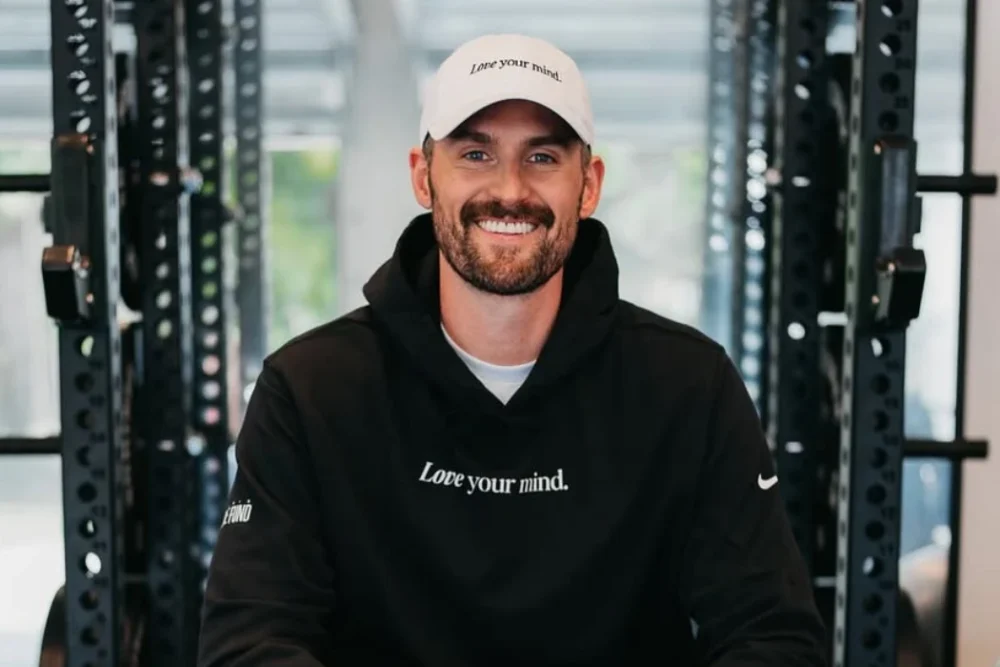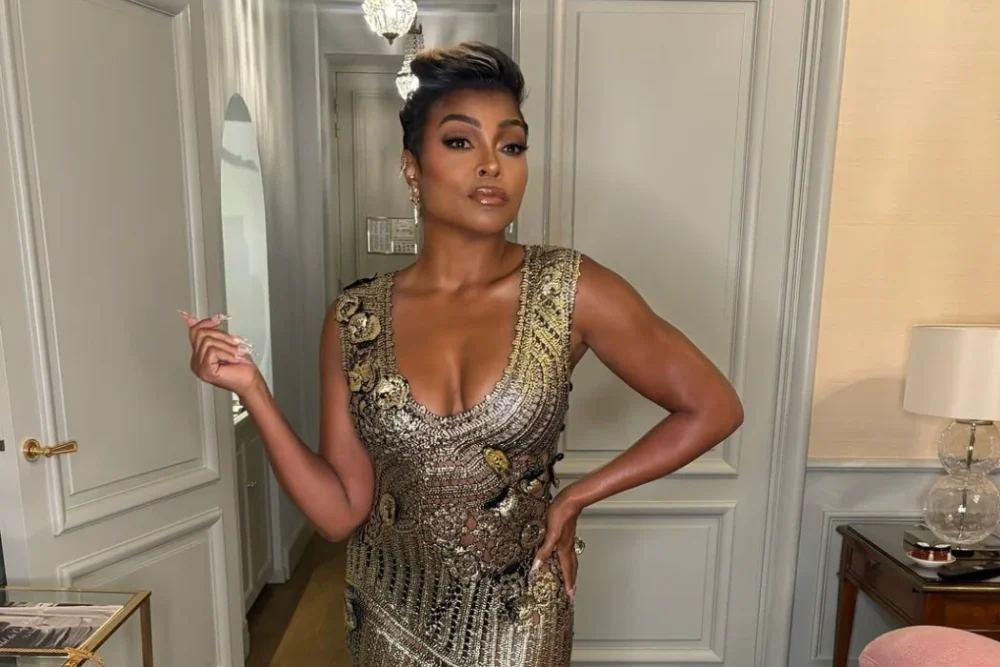Do you ever feel like your heart is sprinting, but your body is stuck? Like there’s a weight on your chest, but you keep going because you have to? That’s anxiety. And for far too long, it’s been the invisible chain holding too many of us back.
In Black communities across the U.S., anxiety has long been misunderstood, brushed off, or labeled “weakness.” But let’s be clear: anxiety is real, and it is not a sign of failure. It is the body’s natural reaction to stress, a built-in alarm system that sometimes won’t shut off.
According to the Anxiety & Depression Association of America, more than 40 million adults in the United States, roughly 18.1% of the population, are affected by anxiety disorders every year. But the reality runs deeper for Black Americans. A study published by JAMA Psychiatry in 2021 revealed that while Black adults are 20% more likely to experience serious mental health problems than the general population, they are far less likely to receive treatment due to stigma, underdiagnosis, and lack of access to culturally competent care.
The Pressure of Being “Strong”
“Being a Black woman in America means constantly having to prove you’re strong enough to carry the weight of the world,” actress and producer Taraji P. Henson once said during an emotional interview on Red Table Talk. “But nobody asks if you’re okay.” Taraji has since become one of the loudest advocates for mental health in the Black community, launching the Boris Lawrence Henson Foundation in honor of her father to provide mental health resources to underserved communities.
NBA superstar Kevin Love also spoke about his panic attacks, saying, “Mental health isn’t just an athlete thing. It’s an everyone thing. No matter what our circumstances, we’re all carrying something.”
We talk a lot about grit and resilience. But we need to talk about survival strategies that don’t drain us, don’t leave us gasping for air, and don’t treat anxiety like a silent badge of honor.
So What Does Anxiety Look Like in Real Life?
It’s that tight feeling in your stomach before a job interview. It’s waking up three times in the night before your child’s IEP meeting. It’s preparing to walk into a room where you know you’ll be the only Black face, again. It’s motherhood, fatherhood, relationships, money, school, racism, generational trauma… all wrapped into one tight package under your skin.
And while anxiety can be managed through clinical therapy and medication, you don’t always need a prescription bottle to begin healing. Everyday habits, grounded in mindfulness and movement, can shift your mental landscape.

5 Ways to Fight Back Against Anxiety
1. Keep a planner and take control.
No, it’s not old school, it’s discipline. When your mind is spiraling, writing it down puts you in charge. Organize your chaos. Set your intentions. You own your time, not the other way around.
2. Breathe like your life depends on it because sometimes it does.
Practicing deep breathing, especially diaphragmatic breathing, interrupts the fight-or-flight mode. Inhale for four counts, hold for four, and exhale for four. Do it three times. You’ll feel the shift.
3. Hit the streets — literally.
Take a walk around your block. Walk with purpose, or walk aimlessly. Just walk. Physical movement produces endorphins, nature heals, and being in the neighborhood reminds you: that you are still here.
4. Laugh with your people.
Call your funniest friend. Rewatch that movie that always gets you. Laughter disrupts anxiety’s pattern and reminds the body that joy is still an option.
5. Talk it out, but choose your people wisely.
Not everybody deserves to hear your pain, but somebody does. Whether it’s a therapist, your spiritual leader, or your wise auntie, find your outlet. Talking reduces shame. And shame is anxiety’s favorite fuel.
Our Healing Is Revolutionary
“Black mental health is Black liberation,” said Charlamagne Tha God, who has become a mental health advocate through his book Shook One: Anxiety Playing Tricks on Me. “Because what good is freedom if you’re still chained to your trauma?”
Healing doesn’t mean everything’s perfect. It means you’re giving yourself permission to not carry it all alone.





